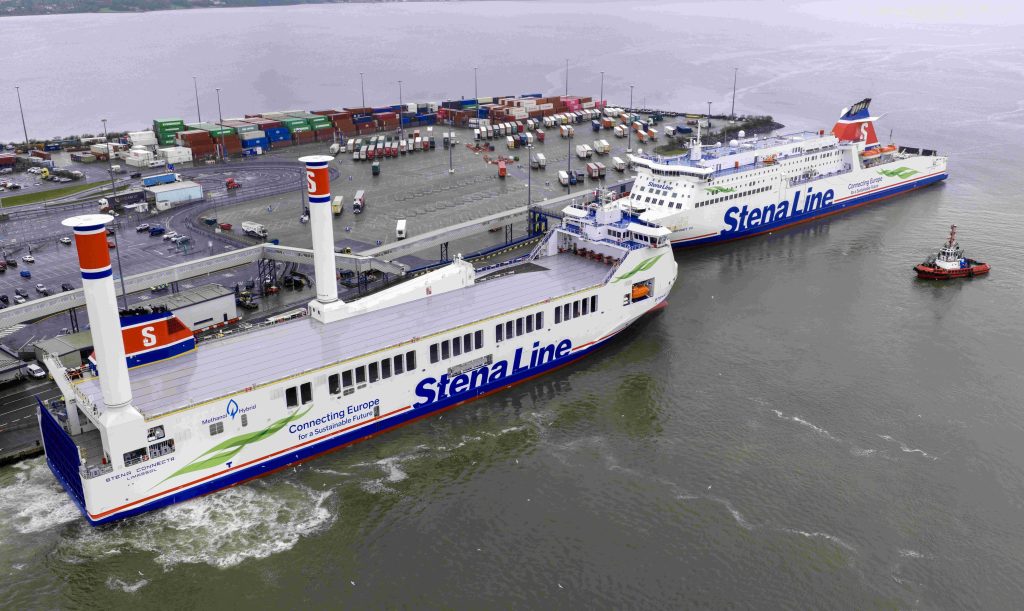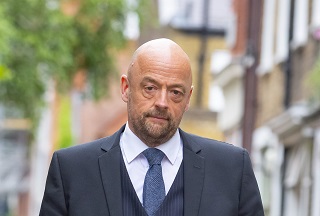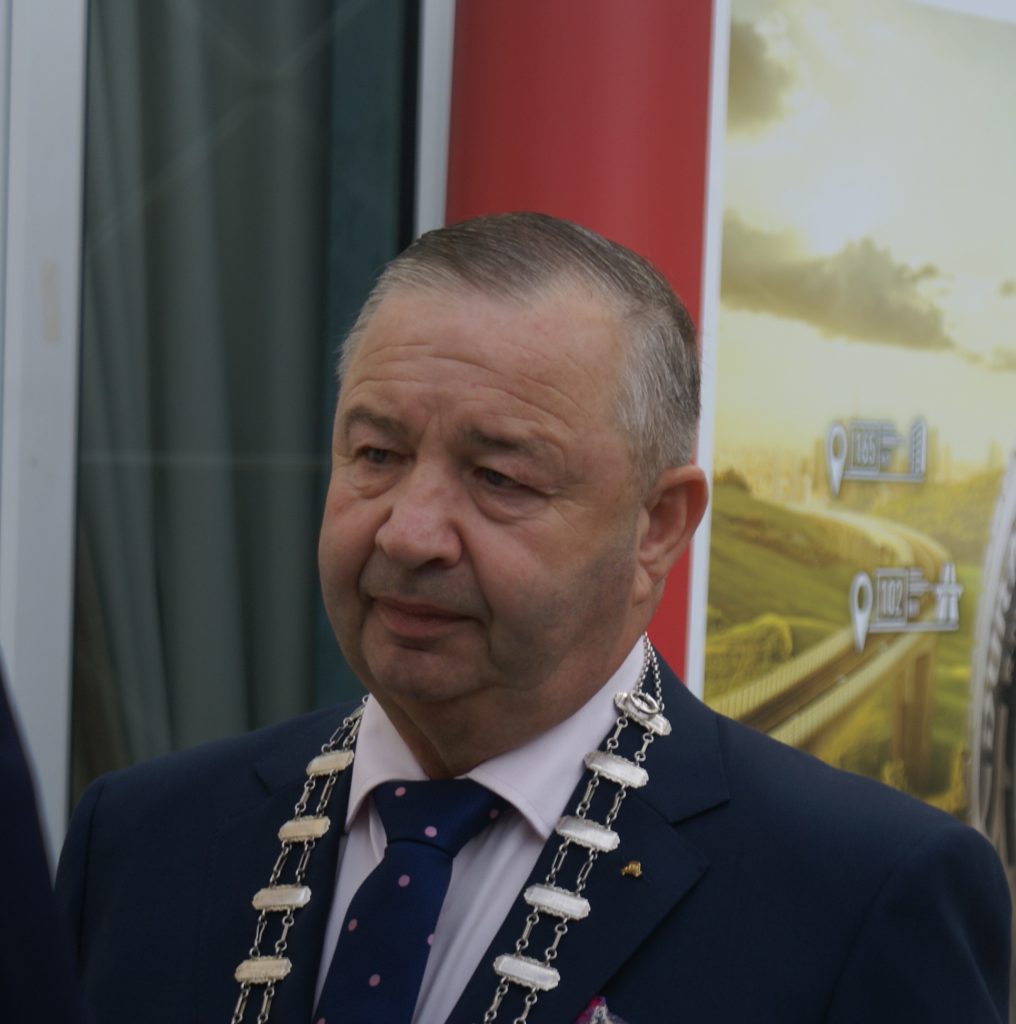With little over three months to go until the Christmas rush, president of the Irish Road Haulage Association, Ger Hyland, has cautioned that the haulage industry is facing a critical shortage of drivers and that the industry may not be able to meet the Christmas rush this year due to a lack of drivers.
Hyland warned that without immediate urgent action, the driver shortage will lead to higher grocery prices, delayed deliveries and uncertainty that the haulage industry will be able to meet heightened demand this festive season.
He has called on the government to take simple steps to alleviate bureaucracy that is preventing the association from bringing in drivers from abroad to meet demand. Hyland called on all politicians to intervene to avert a bigger crisis in Ireland’s economy.
“We are rapidly reaching a tipping point in our industry. We cannot get the drivers to keep the trucks rolling. One Cork haulier is short 40 drivers and has lorries parked up. Every Haulage company in Ireland needs at least 2 extra drivers such is the extent of the problem”
Hyland raised the alarm as he wrote to several ministers pleading with them to intervene. The IRHA is calling for urgent government intervention to help to cut red tape to bring in more overseas drivers in the short term but also to remove barriers to young Irish men and women taking up roles as HGV drivers in the longer term.
Chief amongst haulier’s concerns is the amount of time and costs associated with a young Irish person getting a HGV driver’s license.
Ger Hyland said: “It can take 2 years or more and over €1000 to get a HGV license for a young man or women leaving school. This is unacceptable and it puts prospective drivers off entering our industry. Other countries have quicker routes to becoming a HGV driver. The RSA have not covered themselves in glory when it comes to operating an efficient and affordable driving test regime. We need to take the driving test system away from the RSA immediately!”
According to Hyland, driving a HGV is a rewarding career for a young person who likes to meet new people and see different parts of Europe. He has encouraged more young women to consider careers as HGV drivers and said that women are grossly underrepresented in his industry.
According to Hyland, urgent government reforms are needed to address red tape in bringing in drivers from overseas. Hyland says that different arms of the State are imposing different obligations and requirements on licensed hauliers seeking to engage drivers and mechanics from outside Ireland to fill the driver gaps. He cited chronic bureaucracy at government department level that is making hiring drivers from abroad almost impossible.
“As the system is currently operating, there is a complete mismatch between the operation of the licensing exchange programme operated by the Department of Transport/Road Safety Authority, the visa requirements operated by the Department of Foreign Affairs and the Employment Permit Schemes being operated by the Department of Enterprise. Each of these entities apply differing rules, requirements and timescales which are not joined up or operated effectively. Bringing in drivers from abroad can take over a year! We would prefer to hire Irish drivers but at this stage, we will take any qualified drivers we can get!. It seems wrong that young Irish drivers are moving to Australia and Canada to drive their trucks whilst we are left importing South African drivers into Ireland to meet demand!”
Ger Hyland pointed out that the recent Programme for Government expressly references reducing the cost and regulatory burden on businesses, reducing red tape and modernising our regulatory framework to ensure competitiveness. He said that the government could solve the driver shortage in the morning if the various arms of the public sector worked together to remove the blockages that are standing in the way of the haulage industry attracting more drivers so that Ireland doesn’t grind to a halt come December 25th!
The Irish Road Haulage Association has called on the Government to set up a working group of stakeholders in the field with the aim of breaking down barriers to address a skills shortage that will negatively hurt Ireland’s economy in the short to medium term.



